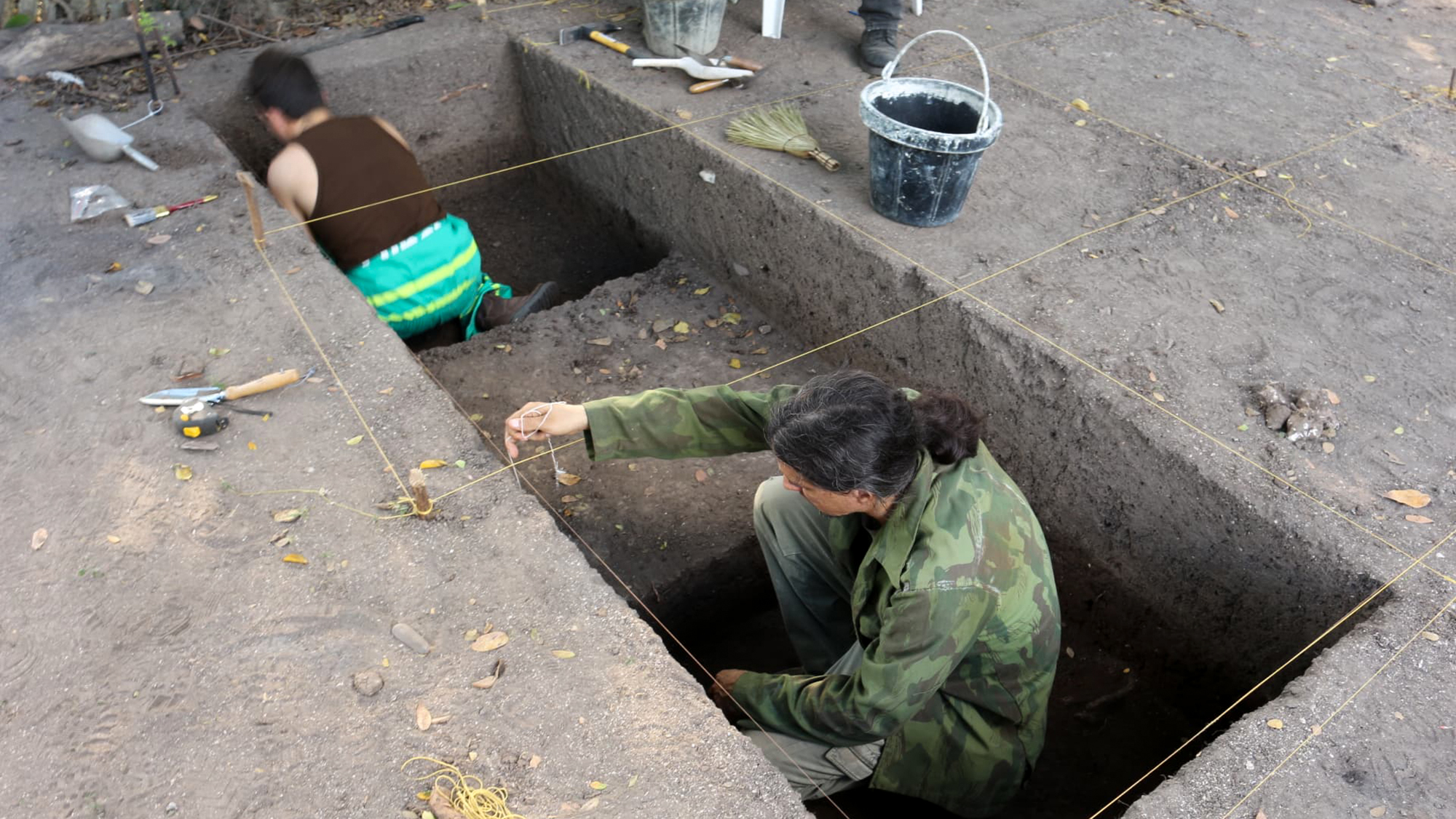A new study led by researchers from the Caribbean, Europe and North America — and in which the Institute for Evolutionary Biology (IBE: CSIC-UPF) has participated — reveals that the Caribbean, one of the last regions of the Americas to be colonized by humans thousands of years ago, was colonized by several successive dispersions that originated on the American continent. The region was colonized and resettled at least three times. The research shows a connection between the continental Americas and the islands.
Researchers found evidence of two earlier dispersals into the western Caribbean, one of which seems to be linked to earlier population dispersals in North America, and a third, more recent ‘wave’, which originated in South America.
Despite the multiple migrations and connections of the established and resettled groups, there was little miscegenation among the first inhabitants of the Caribbean islands.
The researchers analysed the genomes of 93 ancient Caribbean islanders who lived between 400 and 3200 years ago using bone fragments excavated by Caribbean archaeologists from 16 archaeological sites across the region.
“The results of this study provide yet another layer of data that highlights the diverse and complex nature of pre-Columbian Caribbean societies and their connections to the American mainland prior to the colonial invasion”, says Corinne Hofman, Professor of Archaeology at Leiden University and principal investigator of the project.
K. Nägele et al. Genomic insights into the early peopling of the Caribbean (2020). Science. DOI: 10.1126/science.aba8697






